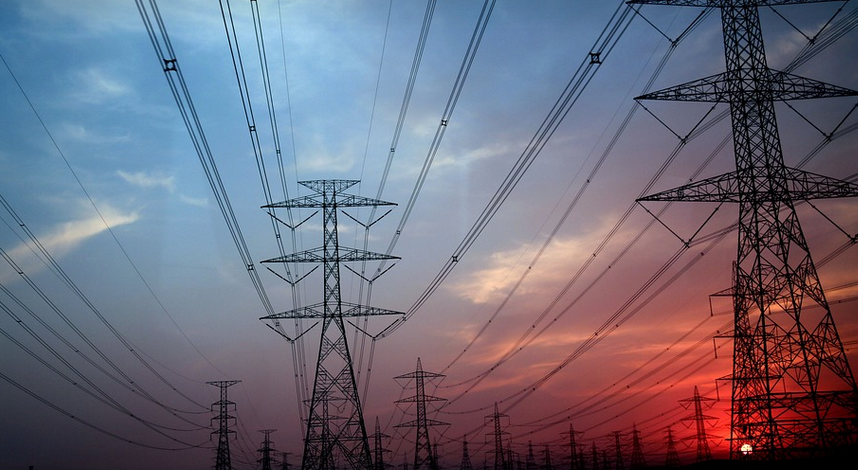As we navigate the ever-changing world of finance, it’s essential to understand that income isn’t just about raw salaries. The “privilege pay desert” concept acknowledges the significant role societal privilege plays in shaping our earning potential and access to resources. It dives deeper than simply comparing wages – it examines the unseen layers of advantage that influence financial outcomes.
Imagine a world where your zip code dictates your future income, where educational opportunities solely depend on your family’s socioeconomic standing, or where career advancement is largely influenced by inherited networks and connections.
## Unearthing the Roots of “Privilege Pay Desert” The concept of “privilege pay desert” rests on the premise that certain communities lack access to resources and opportunities that significantly impact their economic landscape. This can manifest in various forms, from unequal access to healthcare and education to the subtle influence of cultural biases within professional spheres.
Take for instance, a young person growing up in a low-income neighborhood with limited access to quality public schools. The lack of resources dedicated to early childhood development and specialized academic support can limit their future earning potential. This cycle of disadvantage can be perpetuated, leaving them struggling to thrive financially as they face a higher barrier in accessing opportunities that could contribute to greater financial stability.
The “privilege pay desert” concept recognizes these systemic disparities as crucial factors shaping individual economic realities. It suggests that individuals from privileged backgrounds enjoy advantages that lead directly to higher earning potential and access to better financial resources. This is not about claiming inherent superiority, but rather about acknowledging the reality of privilege and how it creates a complex web of advantages and disadvantages in our society.
## Breaking Down Barriers: Strategies for Closing the “Desert” The idea of “privilege pay desert” isn’t just about recognizing systemic inequalities; it’s also about finding solutions to bridge the gap. It calls on us to confront these systemic barriers and actively seek ways to empower individuals from marginalized communities, providing them with equal opportunities to thrive financially.
One effective strategy is increasing access to quality education for all, irrespective of socioeconomic background. This could include initiatives like funding under-resourced schools in disadvantaged communities, expanding access to scholarships, and investing in vocational training programs that equip individuals with the skills needed to succeed in today’s competitive job market.
Another vital aspect is providing accessible healthcare and financial resources. Addressing healthcare disparities through expanded insurance coverage and affordable healthcare options can significantly improve the overall well-being of disadvantaged communities. This, coupled with robust financial literacy programs, can empower individuals to manage their funds effectively and reach their financial goals.
Beyond these strategies, tackling societal prejudices and biases is crucial. Encouraging diversity in all fields, from business to academia to government, creates a more inclusive environment where opportunities are given to everyone regardless of background. By actively challenging stereotypes and promoting inclusion, we can break down the invisible barriers that often hinder access to financial opportunities.
## The Path Forward: Building a More Equitable Future The “privilege pay desert” concept is not just about talking about inequality; it’s about empowering change and working towards a more equitable future. It highlights the need for systemic solutions, proactive measures, and a collective effort to create a society where everyone has the opportunity to thrive financially.
By understanding the nuances of privilege pay desert, we can acknowledge its impact on our financial landscape. We must challenge assumptions, confront systemic inequalities, and advocate for policies that promote social mobility. Only then can we truly bridge the “desert” and create a future where everyone has an equal chance to build a brighter financial tomorrow.
This is about more than just income; it’s about building a society where opportunity is not dictated by zip code or socioeconomic background, but rather by individual effort and dedication. It’s about creating a world where every person can reach their full potential and contribute to the shared prosperity of our collective future.
